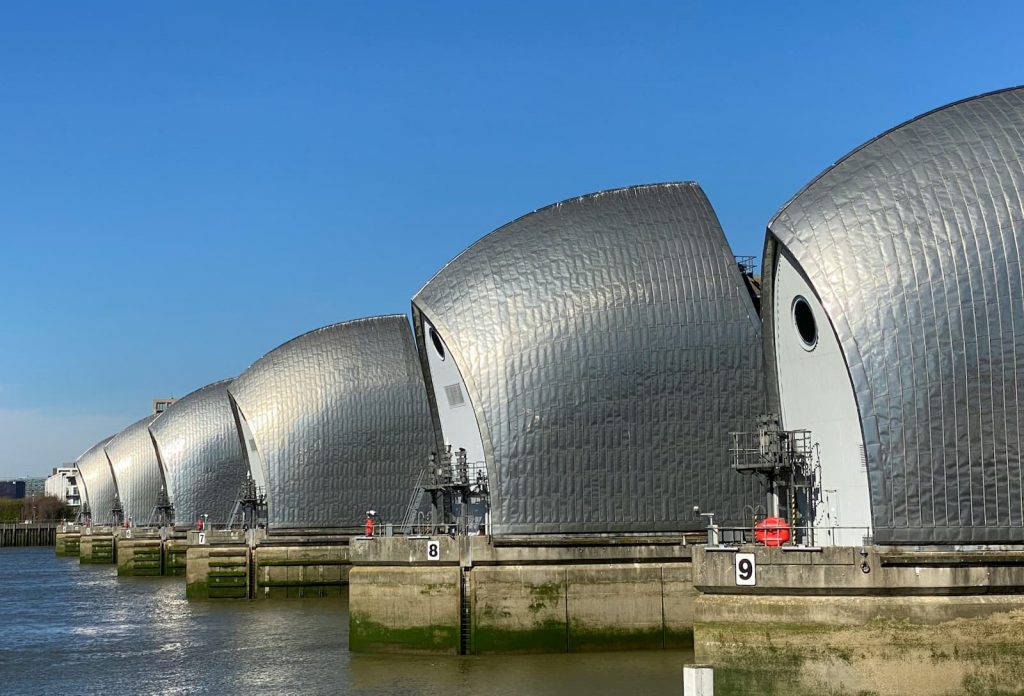Amid rising inflation and an underperforming global economy, it’s never been more important to reduce your business’s outgoings as much as possible. For many, one of the largest operational costs is energy, but thankfully there are many practical steps you can take to help slash the cost of your bills.
So let’s take a look at some of the ways you can help your business become more energy-efficient, to save on your bills while also reducing your carbon footprint in the process. Winner winner!
Carry Out an Energy Audit
Whenever you’re trying to reduce the costs of your energy bills, you’ll need to understand where and how your business is consuming energy. The best way to do this is to conduct an audit, which will handily identify any areas of inefficiency.
Ideally, this should be carried out by a professional who can give you a full understanding of your energy usage. Although there’ll be an initial outlay, look at this as an investment as it’ll undoubtedly save you money in the long run.
Ensure Your Building’s Properly Insulated
Another major drain on energy and a massive contribution to unnecessarily high energy costs is poorly-insulated buildings.
Throughout winter, especially, when the temperatures plummet and businesses up and down the land are cranking up the thermostat, literally millions of pounds are being frittered away on heat that slips right through poorly insulated roofs and walls.
To avoid overpaying for your heating, proper sealing and insulation is essential. As recommended above, an energy audit will highlight any areas of inefficiency where energy is being wasted.
An audit would uncover any poor insulation and if any gaps or hollow spots are detected then be sure to have this resolved as quickly as you can as you could save a hefty 25 per cent simply by having adequately insulated walls.
Invest in Energy-Efficient Equipment
Although you might think you’re saving money by clinging onto those old electronic devices for as long as possible before they eventually die in a puff of smoke, the truth is these energy drains are most probably costing you a lot more money in the long run.
That’s because older electrical devices are equipped with components that use much more energy. Newer electricals, on the other hand, consume significantly less energy, so upgrading your devices could prove to be a shrewd investment over time.
If you’re struggling to afford new equipment and machinery, remember there are a number of schemes and initiatives in place that can help ease some of the costs. These include the Enhanced Capital Allowance (ECA) scheme, which allows business owners to claim up to 100% of the expenses for any product included on the Energy Technology List (ETL).
Maintain Electrical Equipment
As well as replacing any outdated equipment and machinery, it’s also important to maintain your devices, too. Even modern electricals can start to become inefficient over time if they’re not properly serviced or maintained, so don’t fall into the trap of assuming your equipment isn’t using up unnecessary energy just because it’s quite new.
Consider LED Lighting
For the vast majority of businesses, lighting costs make up a significant portion of their energy bill. So, reducing the amount being shelled out on lighting is one of the best – and one of the easiest – ways to trim some fat from your energy costs.
Compared to traditional incandescent, halogen or fluorescent lighting, LEDs are ultra-energy efficient, and they’re also pretty cheap to install.
What’s more, with numerous government initiatives such as the Green Business Fund in place, which is designed to encourage business owners to switch to energy efficient alternatives, there’s never been a better time to make an energy-efficient upgrade.
Explore Renewable Schemes
As the UK government continues to push for its net zero emissions by 2050 target, there are now numerous renewable schemes and incentives in place to help the country achieve its goal.
As a business owner, you can really take advantage of these schemes, pushing you towards a greener, healthier future – and shaving some money off your bills in the process, which is always a bonus!
Whether you’re keen on solar panels, wind energy or any other renewable sources, there are many initiatives out there that can help offset the costs of installing these new systems. In fact, some of the schemes even offer cash payments for those who participate.
Heating & Cooling Systems
The UK weather is unpredictable at the best of times, but in recent years things have been even more chaotic with roasting hot summers followed by brutally cold winters. The result for many businesses is sky-high energy costs, as air-conditioning units and heating systems aren’t cheap to run by any means.
Investing in modern, energy-efficient systems is one way to guarantee saving money in the long run. If you don’t have one already, consider installing a HVAC (Heating, Ventilation and Air Conditioning) system. Designed with state-of-the-art technology that allows for precise control of temperature and airflow, these units use advanced sensors and controls to optimise performance and reduce energy consumption.
Encourage Responsible Use
Whether it’s lights not being switched off, computers left on or other electrical devices that are hardly ever used constantly consuming energy, a whopping 30% of all of the electricity consumed in commercial buildings in the UK is wasted.
Truth be told, it’s easily done and we’re all guilty of it every now and then. But if you’re serious about cutting your energy costs then this is one of the most important areas to address. Encourage your staff to turn off devices when they’re not being used and stress the importance of saving energy where possible. The planet – and your wallet – will thank you!
Switch Business Energy Supplier
Okay, so switching your energy supplier might not directly reduce the amount of energy you consume, but it can most definitely lead to lower bills as shopping around could land you a much better deal than you have with your current supplier.
What’s more, many energy suppliers offer energy efficiency programs and incentives to customers who use less energy, as well as free energy audits and guidance on avoiding wastage. So with all this in mind, switching to a different supplier could have an indirect effect on your energy consumption.
So those are our top tips for reducing energy consumption and slashing those bills. Although many of these steps we’ve covered require an initial outlay, without a doubt these will become an investment over time as you’ll save the money spent on lower bills, many, many times over.



